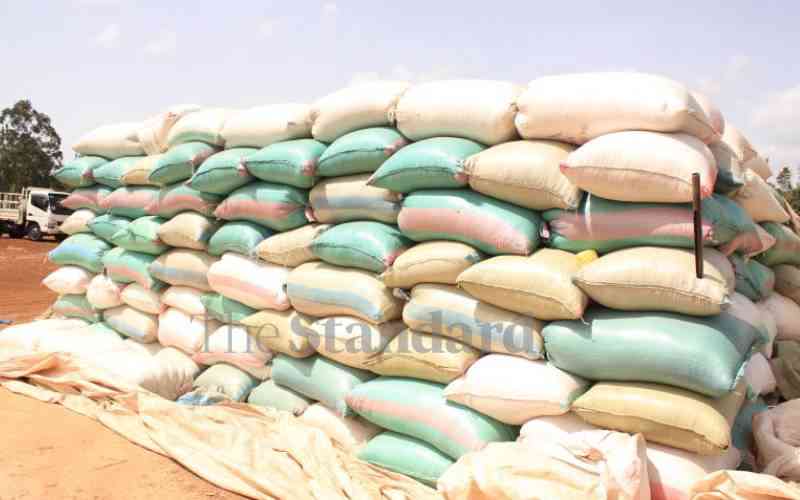×
The Standard e-Paper
Kenya’s Boldest Voice

raders and locals in West Pokot want the government to let them import maize from Uganda to mitigate high cost of maize flour.
The traders told The Standard that maize from Uganda was cheaper and a majority of them were crossing into the neighbouring country to access the commodity.